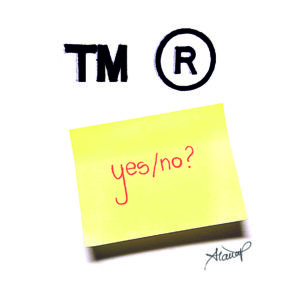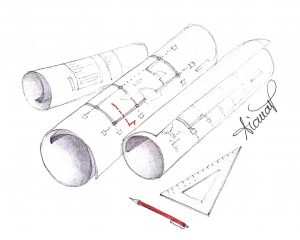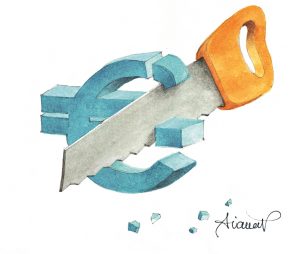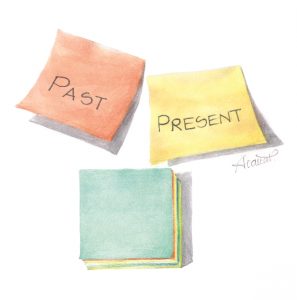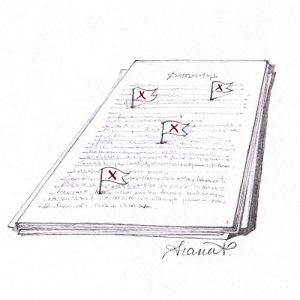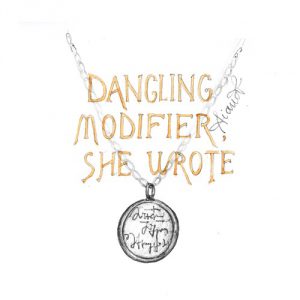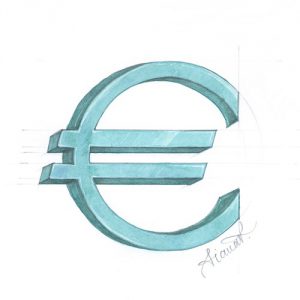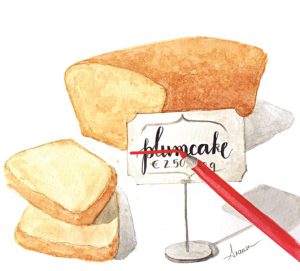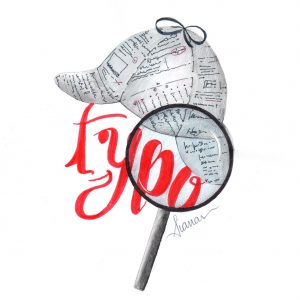 This post was written in 2017 and revised in 2022.
This post was written in 2017 and revised in 2022.
“It was the best of times, it was the worst of times…”—Charles Dickens, A Tale of Two Cities
This quote describes almost perfectly my experience as a freelance editor on Upwork.
When I decided to become a freelance English editor, I didn’t know where to start. I had no clue where to find projects and I lacked both professional editing experience and confidence in my skills. So I did what many newbie freelancers did at the time: opened an Odesk (now Upwork) account.
For those who have never heard of Upwork, it’s a website that connects freelancers with clients. Freelancers get paid through the platform, which keeps a big chunk of their earnings. Freelancers and clients rate each other at the end of each contract.
It took me several months to get my first job on Upwork. I completed it and received my first 5-star rating. Getting new contracts became easier, though still incredibly frustrating. Before I knew it, I was spending all my time on Upwork. I submitted proposals in the morning, and I worked on my projects in the afternoon and evening.
Almost 200 successfully completed contracts and thousands of unsuccessful job bids later, I realized I was just plowing the sands. I was wasting precious time completing applications for jobs that were later canceled, Upwork had doubled its fees, and the quality of the job postings was plummeting. What was I doing on Upwork?
So, in 2015 I made a big decision: quit Upwork, get a website, and work on building my own client portfolio, not Upwork’s.
In this post, I’ll describe what it’s like to work as a freelance editor on Upwork. Then I’ll tell you why I used Upwork for so long and why I decided to close my account. I hope this information will give you an idea about what to expect if you work on Upwork as a freelance English editor.
Are you looking for a freelance editor and want to make the most of your budget for editing? Avoid paying third-party fees by hiring a freelance editor directly. Send me a message at editor@languageediting.com.
Read More


